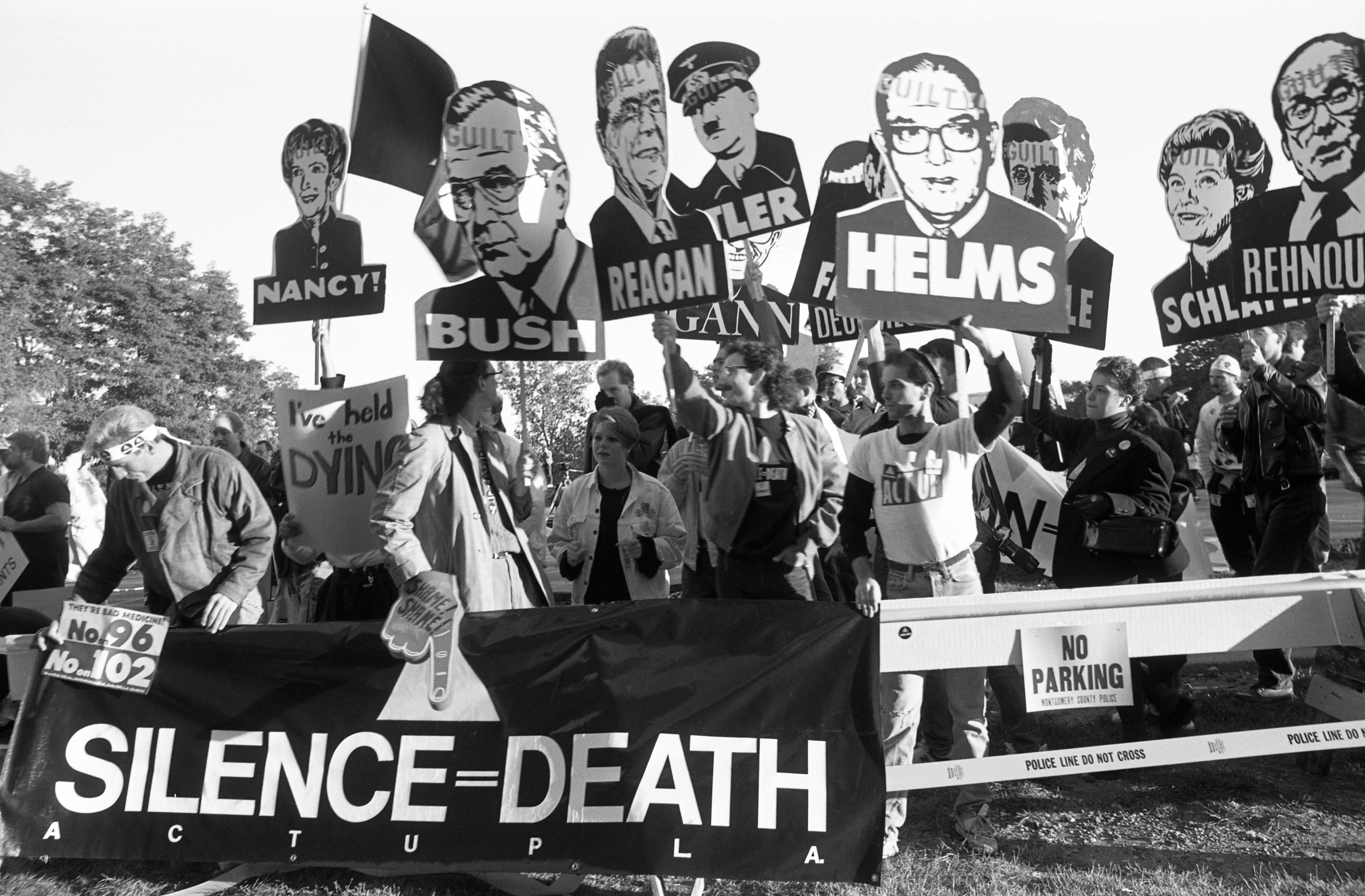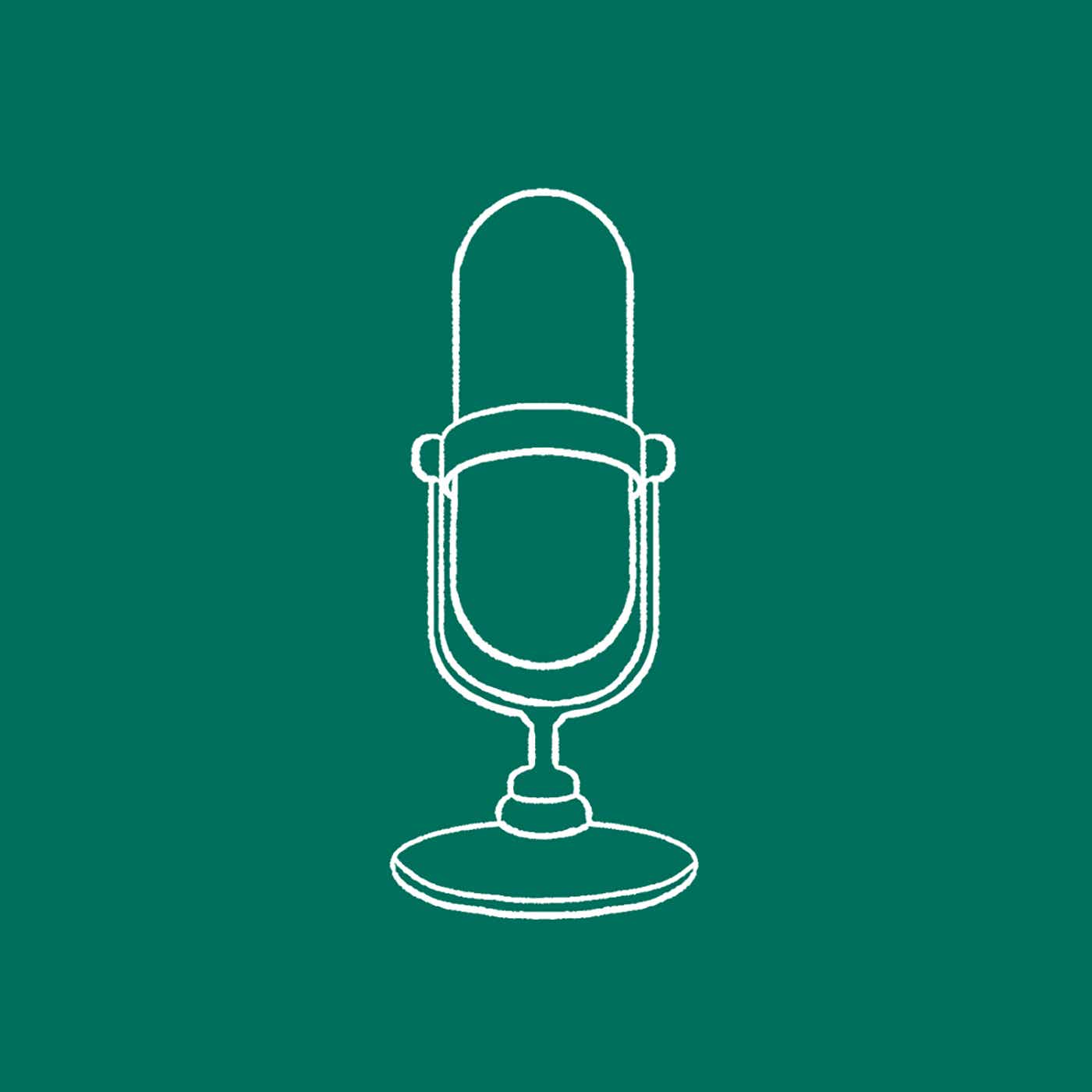
The ignominious end of the American mission in Afghanistan, alongside the continued struggles to end the pandemic, inspired me to think about Ronald Reagan and his legacy. During the 1980s, Reagan, along with his ally Margaret Thatcher, bestrode global politics with a robust conservatism that challenged social democracy at home and communism abroad. But recent events should make us rethink their legacy.
Following the instigation of his predecessor Jimmy Carter, Reagan supported a guerilla army in opposition to Soviet intervention in Afghanistan. At the time, this seemed like a masterstroke, but the mujahideen (or fighters in a holy war) gradually morphed into the Taliban, who not only became America’s foes but have won a second guerrilla war against an occupying empire.
In the same way, Reagan’s war against big government was a political hit in the 1980s. But as we watch governments flail in the fight against Covid after four decades of cutbacks, it becomes apparent how much Reagan initiated a politics that sabotaged basic state competence.
The fate of Joe Biden’s “Build Back Better” agenda is still up in the air. But in terms of ambition, it represents a fundamental repudiation of forty years of handcuffed governments.
To survey the historical record and its implications for today, I was very happy to have Doug Bell back on the podcast. Our thoughts on Reagan were partly sparked by an excellent recent episode of Know Your Enemy. As is his wont, Doug starts off with an enticing anecdote, this one involving one-time Secretary of Defense Casper Weinberg, David Rockefeller, and some canapé.
(Podcasted produced by Julia Elinore Peterson; post edited by Emily M. Keeler)
Share and subscribe
If you liked this post, please share:
Or subscribe:
Thank you for subscribing. Share this episode.
More Episodes
 2022-05-09
2022-05-09
 2022-05-03
2022-05-03
 2022-04-19
2022-04-19
 2022-04-06
2022-04-06
 2022-03-29
2022-03-29
 2022-03-21
2022-03-21
 2022-03-06
2022-03-06
 2022-02-27
2022-02-27
 2022-02-25
2022-02-25
 2022-02-20
2022-02-20
 2022-02-11
2022-02-11
Create your
podcast in
minutes
- Full-featured podcast site
- Unlimited storage and bandwidth
- Comprehensive podcast stats
- Distribute to Apple Podcasts, Spotify, and more
- Make money with your podcast
It is Free
- Privacy Policy
- Cookie Policy
- Terms of Use
- Consent Preferences
- Copyright © 2015-2024 Podbean.com






